Non-lethal impacts of seabirds’ plastic ingestion
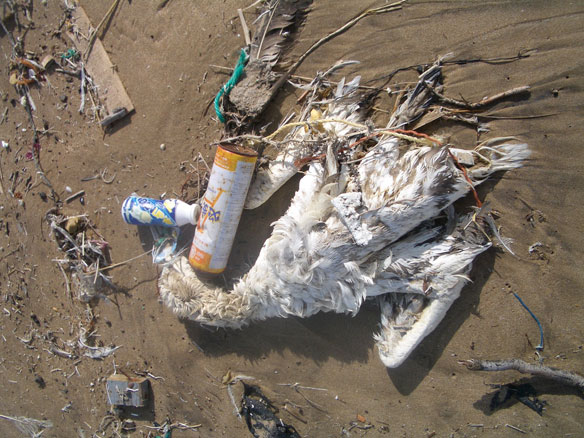
A new study of seabirds that had ingested plastic debris has revealed a range of non-lethal impacts on their health and physiology. While seabird deaths due to swallowing plastic debris or becoming entangled in it have received global attention, the non-lethal effects on seabirds that survive plastic ingestion are less well-known.
How to restore a coral reef
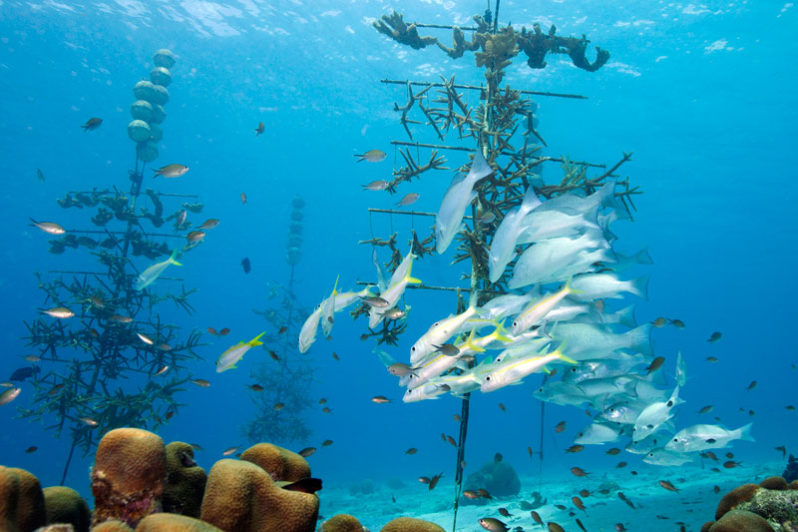
New guidelines drafted by a consortium of concerned experts could enable corals to adapt to changing environments and help restore declining populations in the Caribbean. The guidelines provide a definitive plan for collecting, raising, and replanting corals that maximizes their potential for adaptation.
Radiation in parts of Marshall Islands is higher than Chernobyl

Radiation levels in parts of the Marshall Islands in the central Pacific Ocean, where the United States conducted nearly 70 nuclear tests during the Cold War, are still alarmingly high.
Sun, Sand And Sewage: Report Shows Many U.S. Beaches Unsafe For Swimming
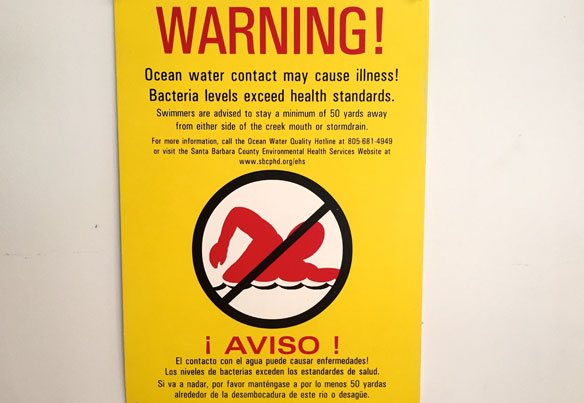
A new analysis details widespread bacterial contamination at U.S. beaches, with more than half of the tested sites exceeding a federal safety threshold at least once in 2018. Nearly 60% of the more than 4,500 beaches sampled in 2018 had at least one day of unsafe bacteria levels.
Abu Dhabi is replanting mangroves in the fight against climate change
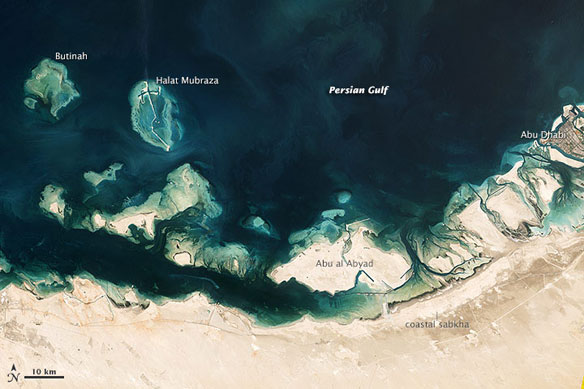
The coastal city of Abu Dhabi is one of the most vulnerable places in the world to the impacts of climate change. It’s threatened by rising sea levels and researchers say it could be too hot to live in by the end of this century if global warming trends continue. But mangroves trees are helping the city fight the climate crisis…
Sea level rise preparations could cost Redondo Beach, CA, nearly $300 million

Redondo Beach estimates it would cost roughly $291 million to prepare for a 5.5-foot increase in sea levels by 2100, according to a recently released study.
Thirty years of unique data reveal what’s really killing coral reefs
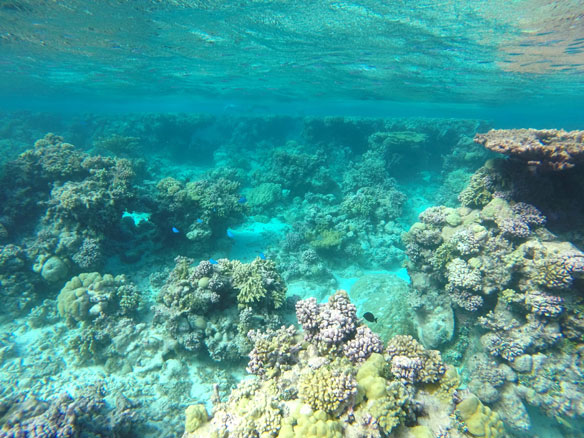
Coral bleaching is not just due to a warming planet, but also a planet that is simultaneously being enriched with reactive nitrogen from sources like improperly treated sewage, and fertilizers.
Flesh-eating bacteria kills a Memphis man who visited Florida waterways
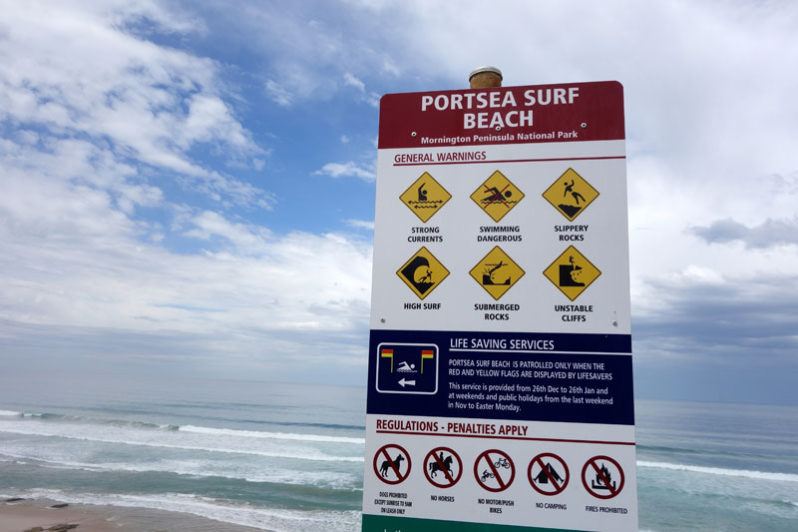
A Tennessee man died Sunday after he became infected with Vibrio vulnificus, a type of flesh-eating bacteria, while vacationing in Okaloosa County, Florida. Vibrio causes an estimated 80,000 illnesses and 100 deaths in the United States every year, according to the US Centers for Disease Control and Prevention, the federal government’s public health agency.
As Ocean Temperatures Rise, Corals Are Steadily Moving Poleward
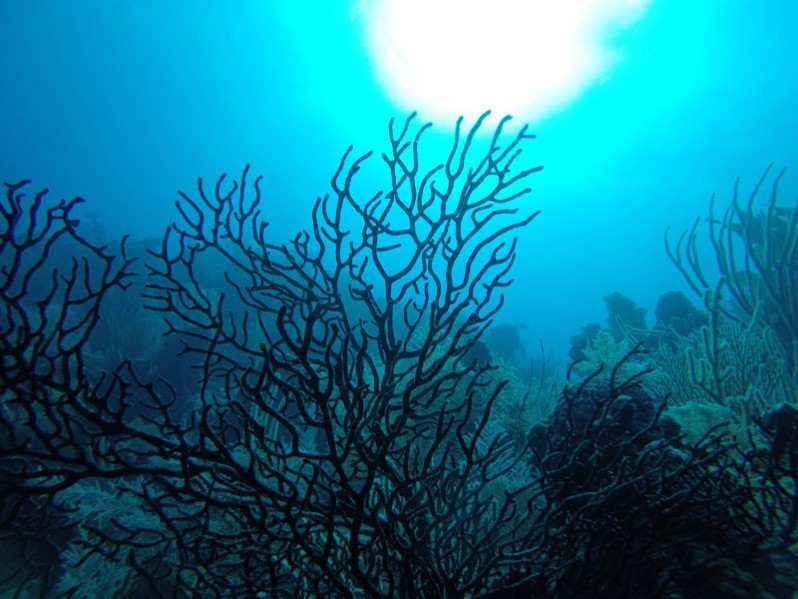
Rising ocean temperatures are increasingly causing coral reefs to shift away from the equator into more temperate waters. Over the past 40 years, the number of young corals has declined by 85 percent on tropical reefs, while at the same time doubling in cooler regions, according to a recent study.
